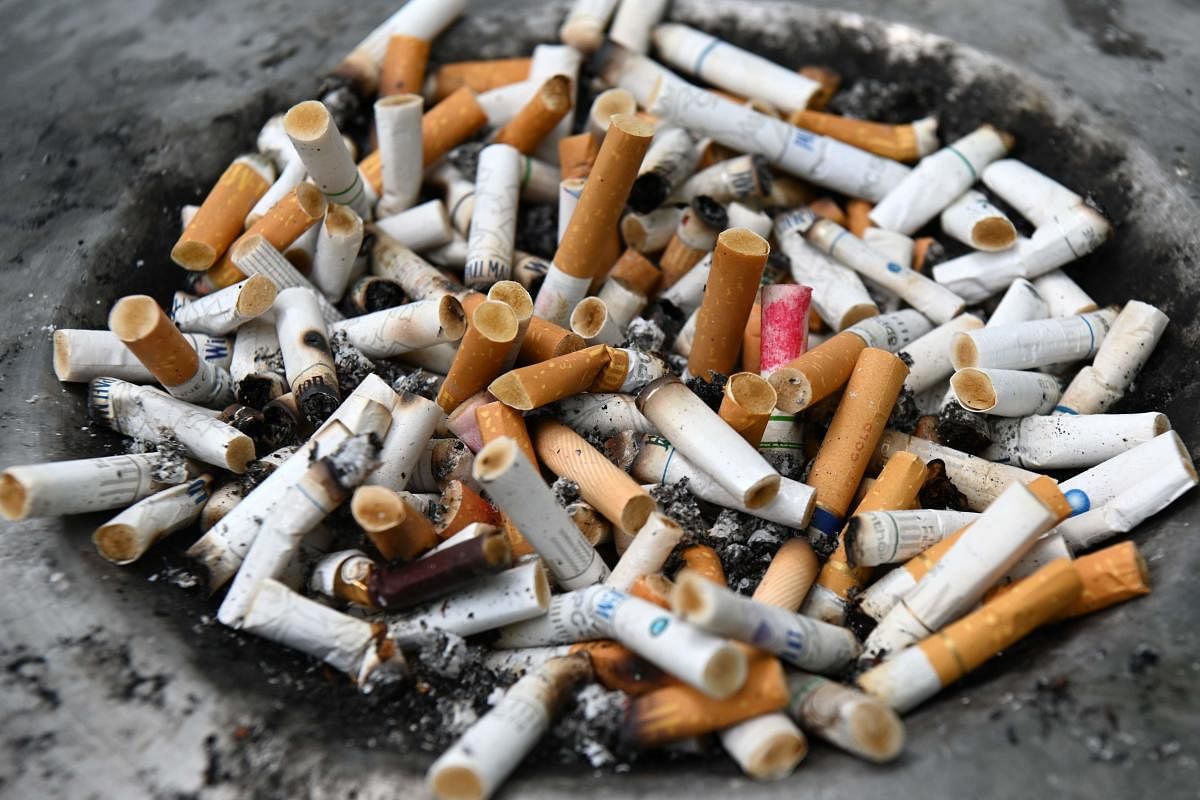
Tobacco manufacturer Godfrey Philips India Ltd and its director Sharad Aggarwal have approached the Bombay High Court challenging the Maharashtra Food and Drug Administration's (FDA) act of seizing its e-cigarettes after claiming that they were banned in the state.
The petition came up for hearing before a division bench of Justices Ranjit More and Bharati Dangre on Friday.
The bench directed the authorities to file their affidavits, and posted the petition for further hearing on July 30.
"In the meantime, we direct that the respondents (FDA and state government) will not proceed further by initiating any action against the petitioner company," the court said.
On August 28 last year, the Union government issued an advisory to state governments to ban production, storage, sale and distribution of e-cigarettes.
Based on this circular, on March 5 this year, the Maharashtra FDA Commissioner issued a direction to its enforcement staff to ban the storage, manufacture, sale and distribution of e-cigarettes in the state.
On June 25 this year, the FDA carried out searches in the office and warehouse of the petitioner company at various places and seized their products.
On July 6, the FDA issued show cause notice to the company for violation of the Cigarettes and Other Tobacco Products Act, and Drug and Cosmetics Act.
The company's counsel, Amit Desai, argued that the Delhi High Court in November last year, while hearing a petition challenging the government's August 28, 2018 advisory, had said the advisory was non-binding on state governments.
The company is in the business of import, storage, distribution and sale of Electronic Nicotine Delivery Systems (ENDS), popularly called e-cigarettes.
As per the firm's plea, e-cigarettes are allowed to be sold and used by people throughout the world and is considered to be less harmful and a safer substitute to smoking tobacco cigarettes.
According to the company, the use of e-cigarettes in India came up for discussion before the Drugs Consultative Committee in its 48th meeting in July 2015, and it was recommended that the product was not covered under the definition of the term 'drug', and hence does not come under the purview of the Drugs and Cosmetics Act.